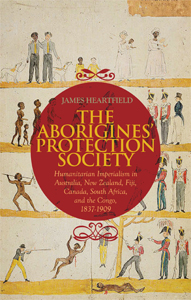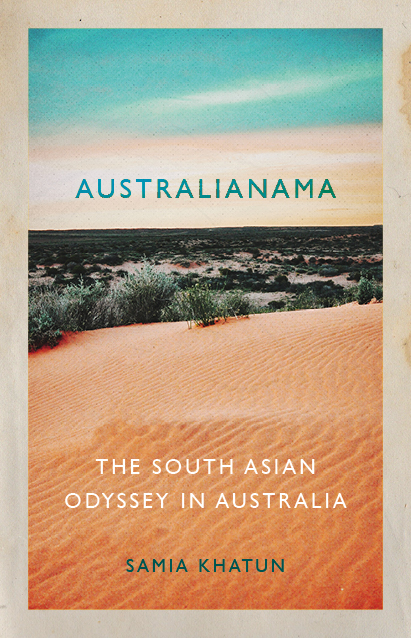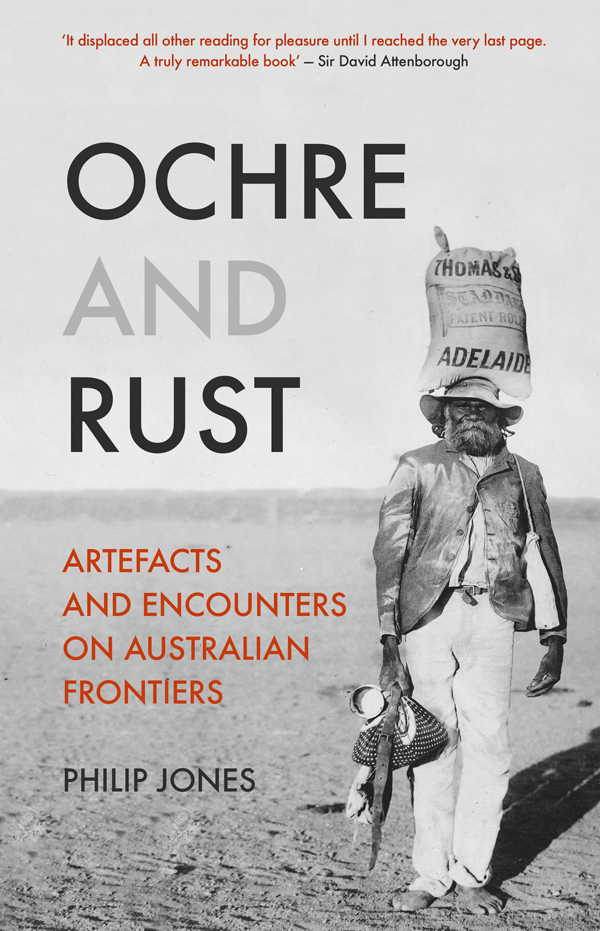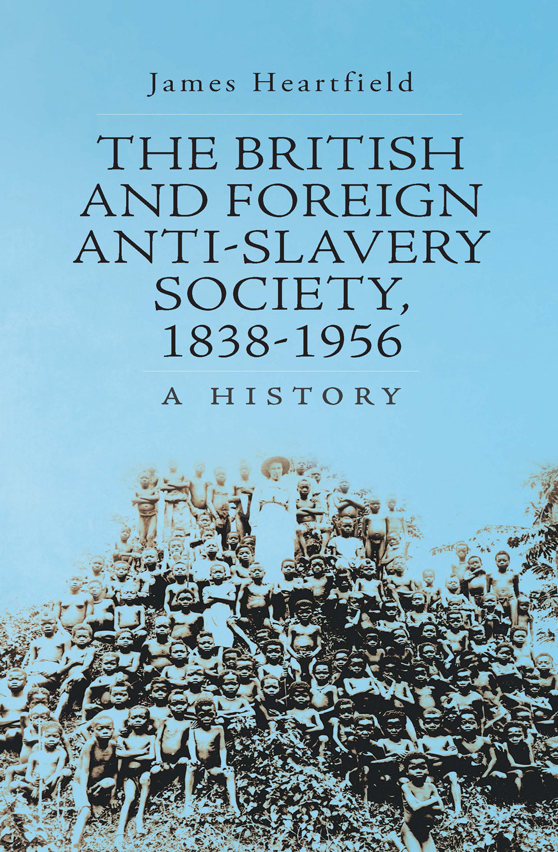The Aborigines’ Protection Society
Humanitarian Imperialism in Australia, New Zealand, Fiji, Canada, South Africa, and the Congo, 1837-1909
‘A compelling book, rich in historical detail, that will be of considerable value to a range of scholars working in related fields.’ — Aboriginal History
Description
For more than seventy years, the Aborigines’ Protection Society, a select group of the great and the good, fought for the natives of the British Empire and against the tide of white supremacy to defend the interests of aboriginal peoples everywhere. Active on four continents, the Society brought the Zulu King Cetshwayo to meet Queen Victoria, and Maori rebels to the Lord Mayor’s banqueting hall. The Society’s supporters were denounced by senior British Army officers and white settlers as Zulu-lovers, ‘so-called friends of the Aborigines’, and even traitors.
The book tells the story of the three-cornered fight among the Colonial Office, the settlers and the natives that shaped the Empire and the pivotal role that the Society played, persuading the authorities to limit settlers’ claims in the name of native interests. Against expectations, the policy of native protection turned out to be one of the most important reasons for the growth of Imperial rule. James Heartfield’s comparative study of native protection policies in Southern Africa, the Congo, New Zealand, Fiji, Australia, and Canada explains how those who held the best of intentions ended up unwittingly championing further colonisation.
Pointing to the wreckage of humanitarian imperialism today, Heartfield sets out to understand its roots in the beliefs and practices of its nineteenth-century equivalents.
Reviews
‘In this highly readable and fascinating account of the work of the Aborigines’ Protection Society, Heartfield highlights the problematic and unintended consequences of humanitarian intervention, regardless of the honourable motivations of its advocates. This balanced account of the problematic and shifting relationship of the APS both to imperial power and to the colonial settlers provides a vivid insight into how ethical concerns need to be understood in the context of the relations of power and interest.’ — David Chandler, Professor of International Relations, University of Westminster and author of Empire in Denial
‘The Aborigines’ Protection Society was one of the most important pressure groups in modern British colonial policy. A good history is long overdue. James Heartfield’s deeply researched book fits the bill but does much more. This lively account will fascinate anyone interested in the historic background to the debates about human rights and international justice that loom so large in politics today.’ — Nicholas Thomas, Professor of Archaeology and Anthropology, University of Cambridge
‘A published study of the APS was overdue. This is a thorough work examining the organization and activity of the APS in Britain, emphasizing the strong Christian spirit behind what was in many ways a continuation of the anti-slavery campaign, and then showing in detail how the society was involved in Britain’s colonies in the nineteenth century.’ — Jonathan Derrick, author Africa’s Agitators: Militant Anti-Colonialism in Africa and the West, 1918–1939
‘A nuanced, even-handed account of one of Victorian England’s most intriguing organisations. … The Aborigines’ Protection Society is excellent when it comes to context: it provides potted histories of the main theatres of British colonial adventure and misadventure. It’s even better when it sets about exploring the motivations of the society’s supporters. … Heartfield opts for a rounded portrait of this mixed and puzzling bunch, and the result is a major, well-written and closely researched contribution to the study of the 19th-century British colonialism.’ — Geographical
‘The Aborigines’ Protection Society is formidably researched, and for any student of British imperialism (or any imperialism) the book will be instructive and fascinating. Its comparative sections allow us to grasp the non-sequential, locally driven, ideologically expedient operation of vastly different though connected colonial projects, and the way in which ideas and practices travelled throughout imperialism’s complex networks.’ — Arena (Australia)
‘A cogent, elegantly written overview of the society and its history to 1909, when it merged with the British and Foreign Anti-Slavery Society.’ — Journal of Pacific History
‘A welcome and long overdue history of one of the most influential lobby groups in Britain and its emerging empire during the nineteenth century. … The book’s most significant contribution rests upon its analysis of what Heartfield has labelled “humanitarian imperialism”. The author points out that while numerous studies of the rise of the British Empire have rightly stressed the important motivating factors of economics and race, there was another equally significant facet to the process: “the humanitarian idea of protecting aboriginal peoples … highly readable and engaging’ — Settler Colonial Studies
‘Heartfield’s detailed and comprehensive history of the Aborigines’ Protection Society (APS) offers a different way to look at these immense and highly influential humanitarian efforts. … [The author] complicates the standard story by grounding these policies in the tangled interests and competing forces that shaped imperial expansion, and by persuasively arguing that humanitarian intervention challenged, as well as abetted, the forces of Western commerce…. [His] most valuable contribution to the literature of humanitarian imperialism is his careful tracing of the complex architecture of political power and the constantly shifting alliances it produced. … Heartfield has done a stellar job in the story he tells.’ — Human Rights Review
Author(s)
James Heartfield has written on native rights for the Journal of Pacific History, Arena, the Fiji Times, and elsewhere. His work has also appeared in the Times Educational Supplement, the Guardian, the Telegraph, and the Times. He is the author of The Aborigines’ Protection Society (2011) and has been teaching, writing and campaigning around questions of international justice for thirty years.



